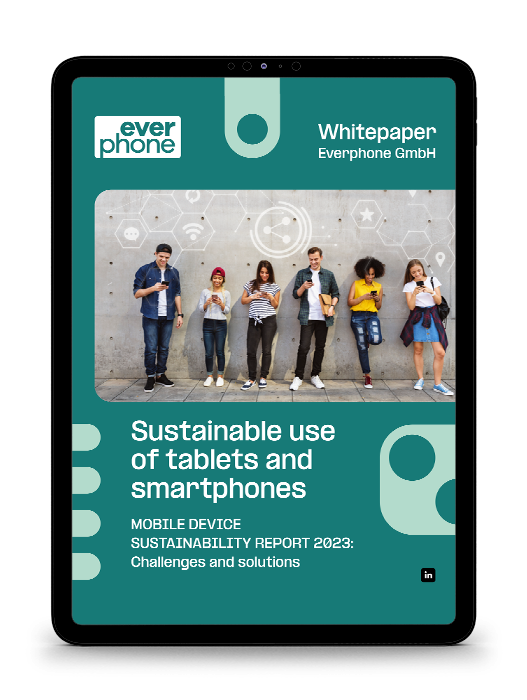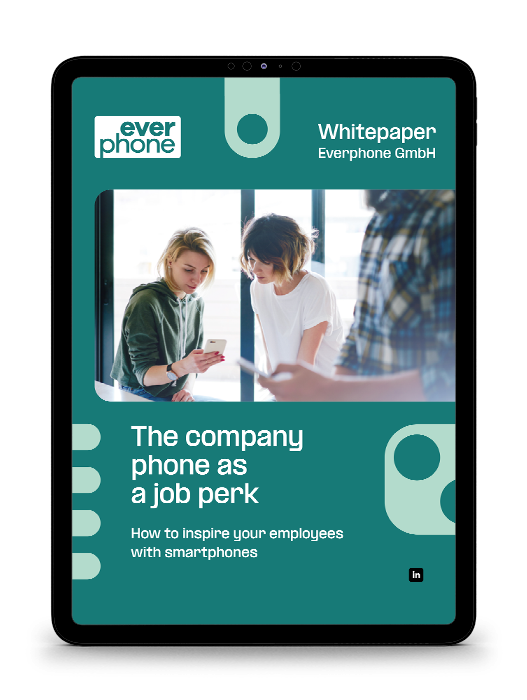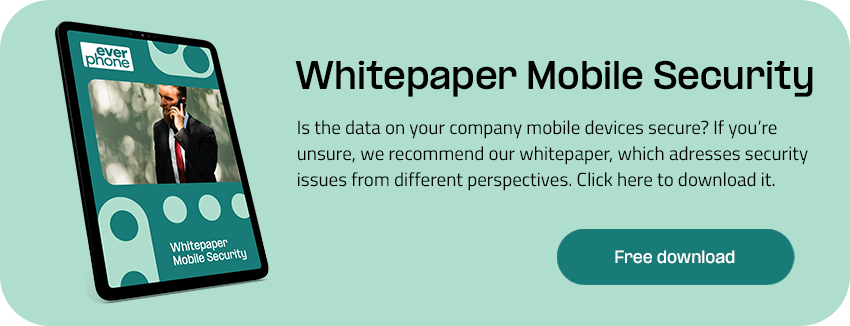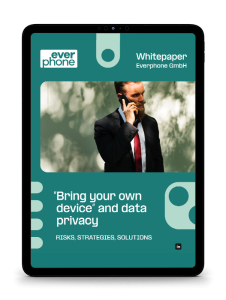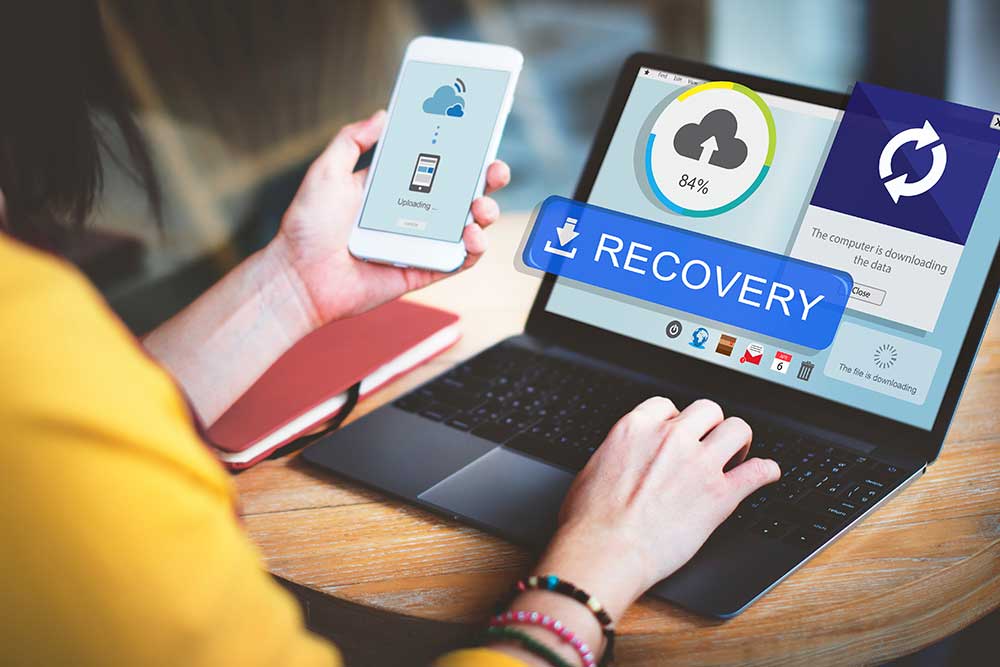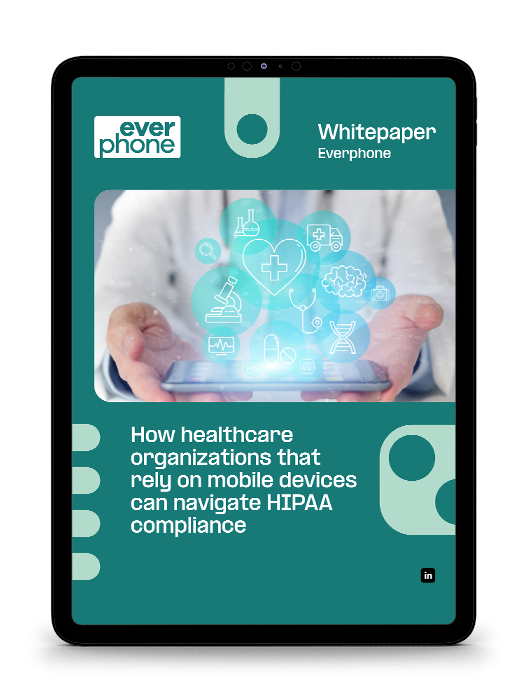One of the most important things for any company is monitoring finances and curing down expenses wherever possible. At the end of the day, a business can only continue to grow by making a profit and using funds wisely. This is why bringing your own device (BYOD) has become such a popular option for businesses.
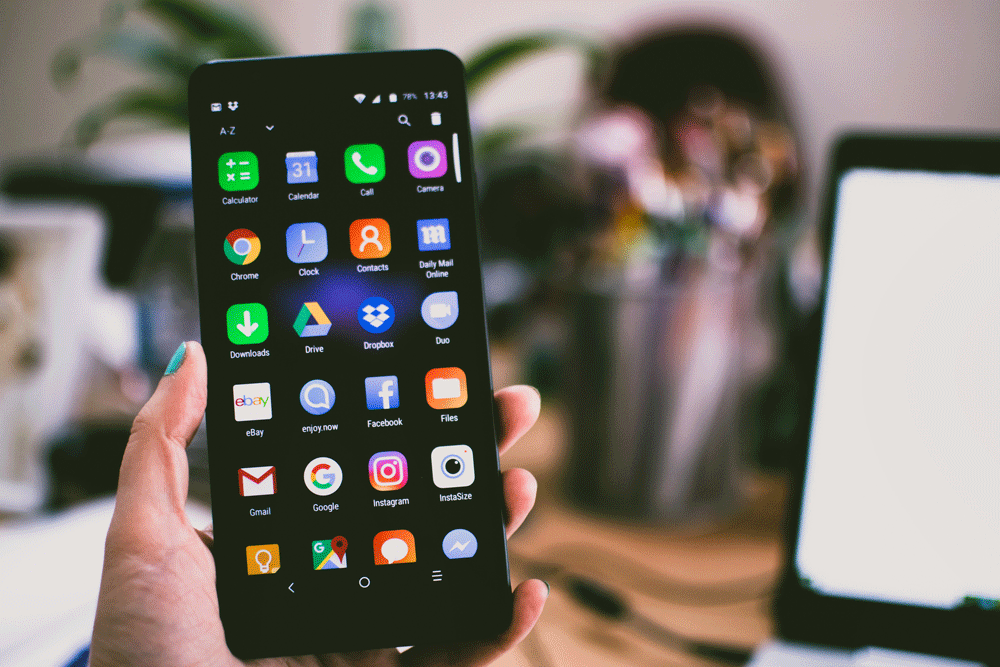
However, despite saving the company money, this option comes with its own risks to be aware of. Discover more about BYOD policies and the risks they hold for your business and better alternatives.
What is a bring your own device practice?
A bring your own device, or BYOD practice, is when employers allow their employees to use their own laptops, smartphones, and other devices for work purposes. This means that employees could conduct certain work functions from their own devices. Smart devices are becoming essential tools in any business and allow employees to conduct their tasks more effectively and productively.
As more employees started working remotely or needed to be reachable during business travel, BYOD allowed employees to be able to work on the go or at home without sacrificing productivity. BYOD has grown in popularity, with many businesses establishing their own BYOD regulations to govern the use of personal devices, so companies strictly don’t allow this as they see it as part of ‘Shadow IT.’ Shadow IT refers to technology systems (apps, programs, etc.) that aren’t deployed by the IT department.
Why do businesses use a BYOD system?
There are a few reasons why businesses would opt for a BYOD system, and these are:
- Keeping costs down
- Improves employee productivity
- Improves employee retention
Keeping costs down
The most important reason is that it saves the company money. With employees using their own devices, it means the company can save on expensive device procurement costs. Another benefit that may sway businesses towards this practice is the perceived ease of use. The company doesn’t have to research the best devices, providers, and price points when employees use their own devices for work tasks.
Improves employee productivity
In many cases, both employees and employers feel that their employees are already comfortable using their own devices. Forcing an employee to use a device they’re unfamiliar with could lead to demotivation and a drop in employee productivity. Because of this, many businesses prefer going with a BYOD practice rather than exploring other options such as renting devices.
Improves employee retention
A well-structured BYOD policy can also improve your staff retention. Employees are comfortable and happy with the technology available to them, rather than struggling with unfamiliar devices and technology. Happy employees are likely to stay with the company for much longer.
BYOD risks and concerns for businesses
While BYOD might seem like an ideal solution for many businesses, it’s important to know the risks associated with using a BYOD system. It’s important to be aware of these risks so that you can understand what it would take to address these potential concerns.
Limited control over devices
The IT team usually has control over all company devices. This may be the termination of private use with company phones. However, when employees use their own devices to connect to various systems and networks within a business, the IT department starts losing control. If businesses use a BYOD system, it would be nearly impossible for the IT department to know exactly how many devices have access to the businesses’ systems and networks. The IT department also won’t have control over what apps, like WhatsApp, are installed or used on the devices that access the company’s networks. WhatsApp on a company phone can be risky in terms of privacy policies.
Privacy concerns
Another BYOD risk that businesses should be aware of is the risk to privacy, both employee and consumer privacy. First, let’s look at the risks to employee privacy. If an employee uses their device for work, it could mean there’s no separation between business and personal life. Employers may request to see what your device has been used for. Or they might even ask that certain monitoring software be installed on your device. For many people, this can be seen as an invasion of privacy.
Regarding consumer privacy risks, if personal devices are being used, it creates more chances for unintentional data leaks, which could negatively impact consumers. For example, if your device becomes hacked, the hacker gains access to your private data and any consumer data (emails, contacts, etc.) stored on your device. Hackers might even use your device to gain further access to the company’s networks and systems, where they can cause even more problems.
The General Data Protection Regulation (GDPR) was put in place to monitor and govern the data protection and privacy of all individuals. It can be difficult to remain GDPR compliant if you use a BYOD system. It’s much more difficult to control and govern as the devices belong to other individuals.
Security concerns
This is one of the biggest concerns in a BYOD system. Since the devices that are being used belong to employees, there’s no way to ensure that they have sufficient data security measures in place. While a policy regarding the use of personal devices can outline certain rules about how these devices are used, since they don’t belong to the company, you’ll be dependent on employees to enforce these rules.
For example, you may have a rule that employees need to install certain anti-malware an virus protection on their devices before using them for work. But you’ll still have to rely on the employees to install and use these programs. You’ll also need to rely on employees to ensure that their apps and OS are up to date. Outdated apps and OS are major data security risks and make great targets for hackers and other cybercriminals.
Companies can be fined up to 2 per cent of their annual turnover if a data breach occurs and it appears the company wasn’t taking the necessary measures to protect sensitive data. This includes data breaches that occur because of user error, such as an employee’s device or apps being outdated.
Advantages and disadvantages of BYOD?
There are certain advantages and disadvantages to using a BYOD system for your business. Here are a few to be aware of before deciding if it’s a good fit for your business.
Pros:
- Higher employee productivity than using a corporate-owned device
- Increased job satisfaction
- Improved employee retention
- Increased employee effectiveness due to using a device they are familiar with
- Use of upgraded technology without the company spending money
Cons:
- Increased risk of data breaches
- Limited control over data security
- Other cost increases include support for personal devices, fines from breaches, etc.
- Little control over devices
Alternative to BYOD
In some cases, a BYOD system may look like an ideal solution. It saves the company money while also keeping employees motivated. However, the risks to your data security are great when using this system. Since a company has very little control over how an individual uses their own device, a BYOD arrangement could put your entire company’s data at risk.
Instead of using a BYOD system, you could consider renting devices from a provider like Everphone. These Phone-as-a-Service (Paas) providers can source the best deals on devices and mobile plans for your businesses. They can work within your company’s budget, presenting options that meet the needs of your employees within the company budget. They can also offer higher-end devices with a top-up amount payable by employees. This gives the employees a choice, and they can choose their preferred OS and device from the options provided. This can be seen as a great employee benefit – having a device provided by the company that can also be used by the employee as a personal device.
This service also comes pre-installed with MDM software and any other security measures or apps specified by your IT department. This means that from the moment the device reaches your employees, you know it has all the necessary phone security features already included. The MDM software will also allow your IT department to create two separate spaces on the device, a workspace, and personal space. This means the employee can rest assured that their data is private. And the company still has control over their sensitive information in the workspace. The MDM software also allows the IT team to make remote updates to all devices, remotely install apps and even wipe the device if it’s lost or stolen. Not to mention these services reuse and recycle old devices in an eco-friendly manner.
Final thoughts
It may seem convenient for businesses to adopt a BYOD system and allow employees to use their own devices for work. But this also comes with its own risks and concerns. While it may save the company some money on the procurement costs, it increases the chances of data breaches. These breaches could cost the company a lot more to recover from. If you’re considering a BYOD system, make sure you have a clear BYOD legal policy with legal aspects to set out to protect both your employee as well as your business’s information. Alternatively, a safer solution would be to rent devices that your employees can use for both work and personal reasons.
Read here about secure phone disposal.




